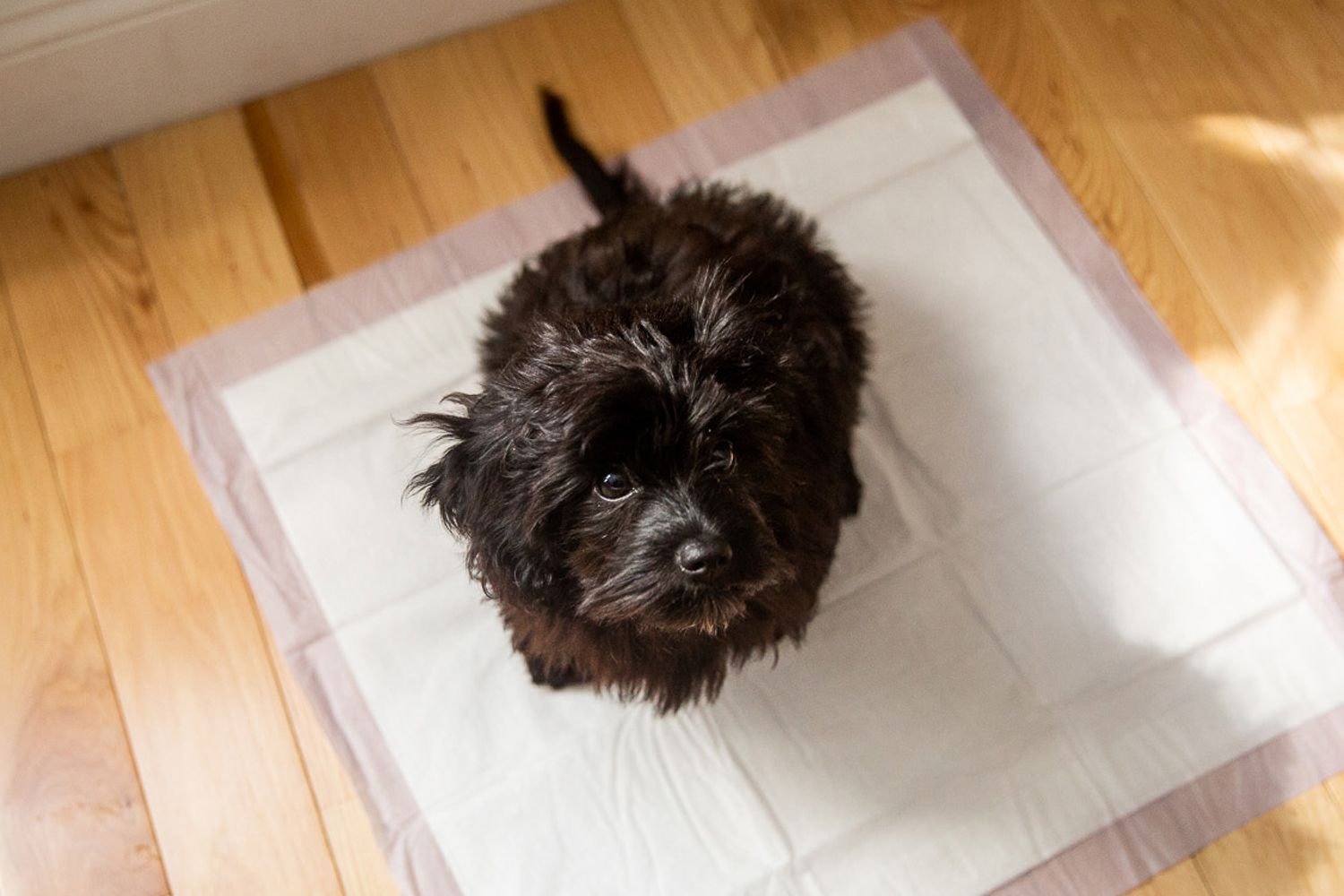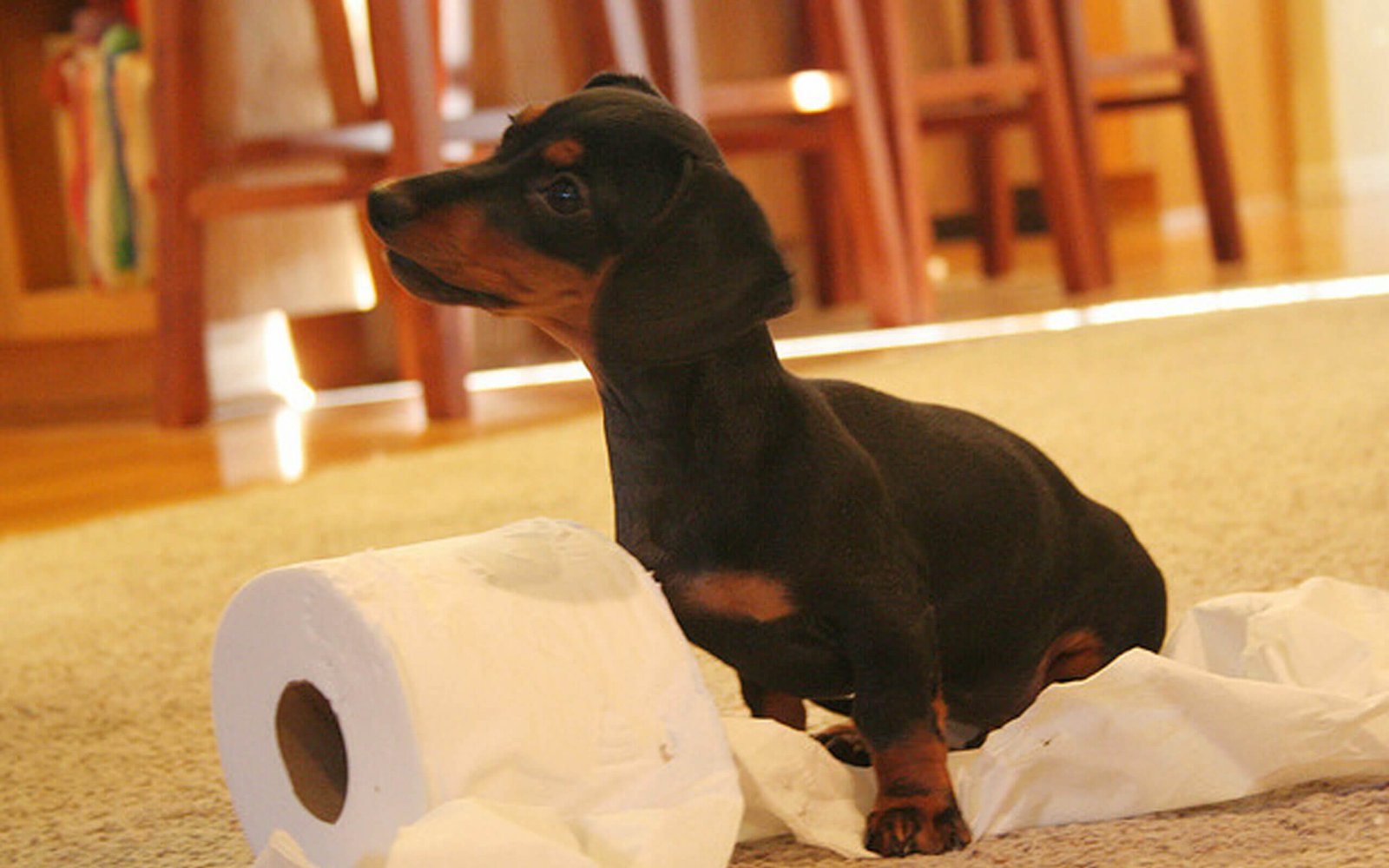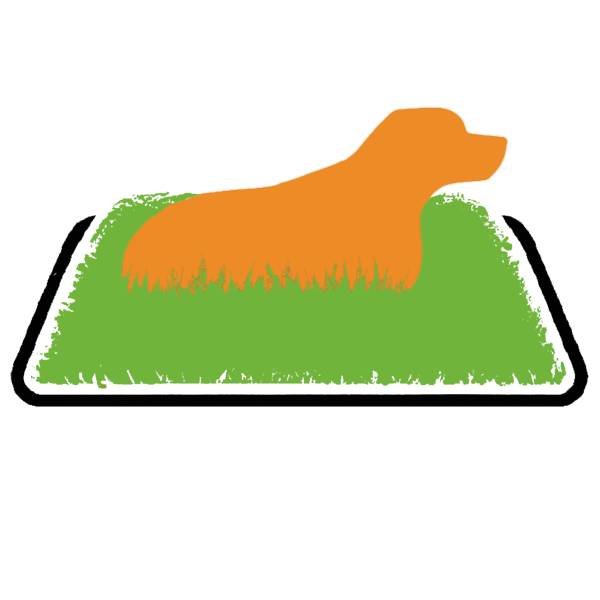Potty accidents happen to puppies of every age, but there can be some thing large at play if accidents become a ordinary a part of life. Your potty-trained dog is suddenly starting to go in inappropriate places and seems to have all but forgotten their learned potty habits. Is it possible that your furry one needs to remember their training? If your pet has suddenly forgotten their potty training, it could be due to several reasons. They may have been mistreated by someone before coming into your care, had a traumatic experience that made them scared or anxious about going outside to use the toilet or reached an age where they are no longer interested in potty training. It can also signify anxiety or stress outdoors, so you should take time with them and work through the issue. Here are some things you can do to help your dog feel comfortable again while still staying safe and on their best behavior: Keep your house clean and tidy. A clean home is a good place for a dog to do business, so make sure the floors are wiped down, counters are wiped, and trash cans get emptied. A clean house is a good place for a dog to do business, so make sure the floors are wiped down, counters are wiped, and trash cans get emptied. Play with them. Dogs often feel safe in familiar places where they know they can use the toilet without incident, so work through any of their issues in those areas before they venture outdoors again. You could also try playing some tug and fetch or training together and working on your dog’s obedience. Offer a special treat. If your puppy is feeling stressed, giving them a tiny pleasure can help them get their mind off whatever is bothering them and put them in a better mood. Offer it to your pup when sitting still and not panting, drooling, or acting anxious.
Can Dogs Forget Their Potty Training?
Sure, it’s very feasible for puppies to forget about their potty education. However, it’s also essential to apprehend the purpose because it will decide how you address the problem. For example, developing puppies may additionally regress, but this doesn’t mean that each hope is misplaced, and it’s feasible to regain potty schooling behavior as long as canine parents preserve constant habits and keep education. At different times, the outlook is much less cheery. Older canines with dementia can neglect their schooling, which could require a few lifestyle changes. How to fit a dog potty schooling? When the time’s right, it’s possible to use a restrictor pad in the crate so that your pup can’t go too far from the location. Once you’re home, you’ll still want to put them on their training pads so they exercise and don’t soil on your property. If you’ve maintained a constant habit of putting your pup on training pads, the most effective way to interrupt their toilet habits could be using a static shock collar. They’re inexpensive and can be found on Amazon or by your vet.

What Do You Do When Dogs Forget Their Potty Training?
The solution for canines who’ve misplaced their potty training approaches relies upon the foundation purpose. So why do dogs neglect their potty training? Under are a few common reasons alongside the first steps to remedying the trouble. Dogs don’t get sufficient opportunities to go potty. This can be settled by taking your dog for a walk on three or four occasions a day and adding in a potty moment at the end of their routes. The dogs are getting older, so they’re unable to hold themselves for the length of time it requires to go potty. Every time you come home from work, take your canine outside again before they can eliminate the place you rest. There’s a litter box or other accidents in the business. Put this far from your pet and clean up after them thoroughly each day. There is an insufficient area for your dog to go potty in the house. Put down one of those expandable wire-style doormats and have your dog watch as you’re doing it so they understand that this is their designated time to go out. If you take care of these issues, you can be positive that your canine will relocate on their potty training practices.
- Early life: developing dogs are managing cognitive modifications. As domestic dog brains turn into adolescent minds, they’ll “forget” their training. Fortunately, this is corrected incredibly easily. It demands patience and endurance to get your doggy lower back heading in the right direction. Hold with their usual habitual and heap at the praises and treats to help your canine alongside the manner. The frustration level of a pet may vary. Some animals like to chew or pull on the leash, while others are more laid-back and have issues forgetting lessons. When your canine is stubborn, working with a new approach or substitute training strategies might be helpful. To get your pet to behave, you might have to try a new type of treatment, or if you’re using the same training techniques, go back a step and repeat. After your pet has learned its home rules, it’s time to practice them outside! This is where new tricks may come in handy. Now they’re enjoying the walk with their family members and notice all the new sights on their journey. They must retrieve, and stay-in-place commands are practiced too!
- Antique age: Potty injuries are commonplace in older puppies for several reasons. Forgetting potty education, however, is most probably related to weakening cognitive function that leads to memory loss or dementia. In those instances, re-training is unlikely to bring about significant modifications, and proprietors will want to house the wishes of getting an older puppy. Having an actual grass pee pad is a puppy potty alternative which could make going to the toilet less difficult for senior dogs. Look at this post for more incredible potty changes to assume in older doggos. Dogs are often taught to use a particular spot in the house or yard as a toilet. However, these specific areas may not be advisable for older dogs with cognitive decline. If you’re unsure, it’s best to seek the advice of your vet for tips on knowing when canines require more extended periods outside away from home. Pet Age: Potty training is much easier in pets than in puppies. Dogs are usually taught to use the same area as a toilet, but because they have more complex brains and typically do not have cognition decline, they might be able to function like a human and use whatever spot they choose. A typical case of pet potty training will require slight modification from the start. Regularity: Older pups will likely have irregular schedules, which could make potty education hard for them. Typically older canines require more extended periods away from home and an increased rate of visits to the bathroom. Allowing them to stay away for a few hours and then come back is a simple solution.
- Changes in ordinary: habitual is critical for any education, and potty education is no exception. Now and then, disruptions of circulation or illness are unavoidable. However, if you’re being wishy-washy approximately training routines or while and where your domestic dog is going potty, keep on with a hard and fast agenda. Being consistent with your stop encourages your puppy to be compatible as well. Praise: Training your puppy or dog is not a one-time event. All training will be accomplished with time and consistency, each day teaching the dog that they are loved and accepted by you. To maintain consistency, it’s important to praise your canine near the top of the session. Praise can be given by shouting “good job!” as soon as they have completed a task, such as going potty on the correct spot or in a designated area. The article also had some additional advice for people considering adopting an animal: If you are considering purchasing an animal, first take care of your current animals and make sure that they are well taken care of. Knowing what the animal will be used for and how it will fit into your family is essential before making a purchase. People who have been in tune with their dog’s activity levels can ensure that they give dogs enough exercise. Pets need to be treated like family members; pets should constantly be introduced at a young age to avoid any potential issues later in life.
- Contamination: Potty modifications due to contamination aren’t precisely related to forgetting, but it can seem that way to people if the underlying clinical problem isn’t quite simply apparent. as an instance, a urinary tract contamination in its early tiers can be undetectable to us but can cause injuries that make it seem like your fur infant is preceding their potty schooling conduct. You know your dog’s quality–take note of different cues and significant signs of a painful urination. And never like out of the ordinary. If your dog isn’t urinating on the surface, then you have a problem. Partial Inhibition: This technique can happen in several ways, based primarily on how we feel or what we expect from our fur infant. The most straightforward instance is when your dog doesn’t understand that they need to go to its potty because they have been told not to go inside. For example, say you are in an enormous supermarket and cannot take your pet while going through it, so that they will stay in the stroller. It is going to be about getting your pet used to being out with you, and if they have a history of being naughty, this may be more complicated than it appears on the surface. This may require practice to get your puppy into a positive and enjoyable routine for you and your pet.

If you suspect a clinical motive at the back of the adjustments in a canine’s potty behaviors, speak with a vet about a remedy that is the most appropriate for your fur baby. Maturity is a crucial factor to consider for both your canine and you. If your dog has not been house-trained for a long time or is significantly younger, ensure it hasn’t reached its peak of maturity. Wild dogs are not domesticated. On the flip side, many domestic individuals like them should be treated as wild animals. As a result, they’re one of the few non-human animals that can make it using absolute wilderness. They have to understand what survival is.



